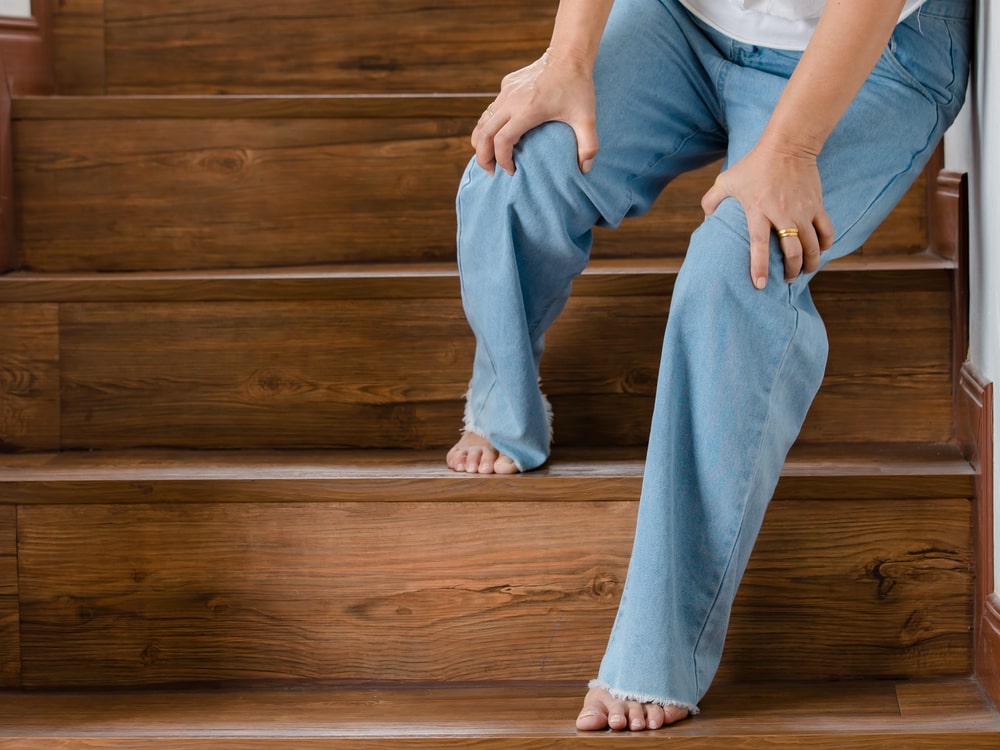How can we spot the signs of an eating disorder?
Eating disorders can be extremely dangerous conditions, and to recover, people frequently require medical care. Eating disorders can indeed present with both physical and psychological symptoms. However, at what point does something move from a dietary practice (such as fasting) to a condition requiring our attention? How do you know if someone has an eating disorder?
It can be difficult to tell the difference between disordered eating and an eating disorder, but with the doctors’ help, we’ve put together a list of some of the first signs of an eating disorder.

Refusing to eat with others
One of the signs of an eating disorder is refusing to sit at the table and eat with other people around. People may do everything in their power to stay away from gatherings where food is served. When food is offered, they might become disinterested and leave the event.
A person who is suffering from an eating disorder usually has a chaotic way of eating or refuses to eat at all, which, of course, may draw the attention of the people around them.
Binge eating
Everyone enjoys eating in front of their screens while watching their favorite TV show or movie. But it’s important whether you make a habit out of this or not. And more importantly, doctors say, how much do you eat while watching something?
If binge eating is present whenever you encounter a minor inconvenience and you’re not satisfied until that bag of chips is over, then it might be considered one of the signs of an eating disorder. Emotions such as stress, boredom, grief, joy, or others can set off or escalate eating-disordered behaviors.
Adopting extreme eating habits
A daily routine might include eating a certain amount of certain food at a specific time in a specific environment. Ritualistic routines and strict rules, however, may be signs of a toxic relationship with food if they grow to degrees that affect daily life. An eating disorder may be indicated by avoiding entire food groups, limiting food intake, limiting portions, or adhering to rigid preparation guidelines.
Sticking to a hard and demanding workout routine
Doing a 30-40 minute workout a day is highly recommended for a healthy lifestyle. However, doing super demanding sessions that will exhaust you just to burn all those calories you’ve eaten throughout the day isn’t a good idea.
Exercise can become more than just a fun or healthy way to stay active when an eating disorder is present. Instead, it could serve as a form of self-punishment for overindulging in food or as a strategy to compensate for calorie consumption. Individuals who suffer from eating disorders frequently develop an obsession with keeping track of how many calories they consume and how many they burn.
Buying more food than you can eat just to stash it away
Another sign that could indicate an eating disorder is if you’re finding yourself going shopping many times a week and buying loads of food even if you’re not actually eating all of them. This behavior can be called “hoarding,” and many people who suffer from eating disorders and were asked why they were doing such actions said, “Because it made them feel safe!”
To prevent other family members from eating it, they might be driven to hide it, store it in a separate location, or even stockpile it. For some people, finding hidden food can be really upsetting, and they might feel like it’s off-limits because of certain mental health issues.
Becoming defensive anytime someone says something about their physique
A lot of people who experience these signs of eating disorders will also be super sensitive regarding their physical appearance. Having an eating disorder may make people feel like they gained too much weight lately, which can become an obsession afterward.
And they will undoubtedly take personally any comments made about their appearance or style. In addition to setting unhealthy or unrealistic weight/size goals, they might become obsessive about particular body parts. This is mainly due to a low self-esteem, of which we will talk about more in the following paragraph.

Low self-esteem
Among the signs of an eating disorder, is also low self-esteem, which is connected to insecurities regarding physical aspects, in most cases “targeting” the body shape and weight. Disordered eating behaviors are frequently developed as a coping mechanism for feelings of inadequacy and as a means of regaining some perceived “control” over one’s life.
Acute physical symptoms
Depending on the type of eating disorder, there are a variety of physical symptoms that are often linked to it. Gastrointestinal issues, exhaustion, elevated or lowered blood pressure, or abrupt weight changes are examples of physical symptoms. People who are dealing with eating disorders may also feel weak, and lightheaded, have joint pain, or be dehydrated.
What leads to eating disorders?
An eating disorder can develop due to various complicated factors, which vary from person to person and can be caused by biological, psychological, and sociocultural elements. However, there is no clear scientific proof that can state exactly which one is the root cause of eating disorders.
Ok, we’ve read the signs of an eating disorder but can we cure it in any way?
Early intervention may improve results and slow the progression of eating disorders. Please consult your physician first, as they can guide you to the appropriate resources. A physician or mental health specialist can diagnose an eating disorder. The diagnosis of an eating disorder cannot be made by a single test. A diagnosis may result from various evaluations. These consist of:
Psychological tests: You may be asked about your eating habits and body image by your physician or mental health specialist. What behaviors, attitudes, and habits do you have? A self-assessment or questionnaire may be requested.
Physical examinations: Because disordered eating can have a negative impact on the body, your doctor must evaluate your physical health first. Your height, weight, and vital signs (temperature, blood pressure, and heart rate) will probably be examined by the doctor.
Since each person is unique, there is no “one size fits all” method for treating eating disorders. Psychotherapy is usually recommended to help you improve coping mechanisms and/or develop healthier ones, but the doctor can also prescribe certain medicine or recommend visiting a dietitian as well.
Determining whether someone has an eating disorder is not always simple. They may try to cover up it out of guilt or shame. Admitting that you’re dealing with some issues isn’t again easy and it can be overwhelming especially because we’re living in a society that’s super judgemental of every little thing. The good thing is as previously mentioned, you’re not alone and healing is possible.
Besides medical help, if you’re looking for guidance the book Overcoming Binge Eating by Dr. Christopher G. Fairburn is an awesome one to have. It provides comfort, understanding, and resources to support you or a loved one in making the brave initial move toward healing. If you want to buy it, it’s one click away on Amazon.
You may also want to read about 8 Scary Soda Side Effects on Your Body That Will Shock You.

























